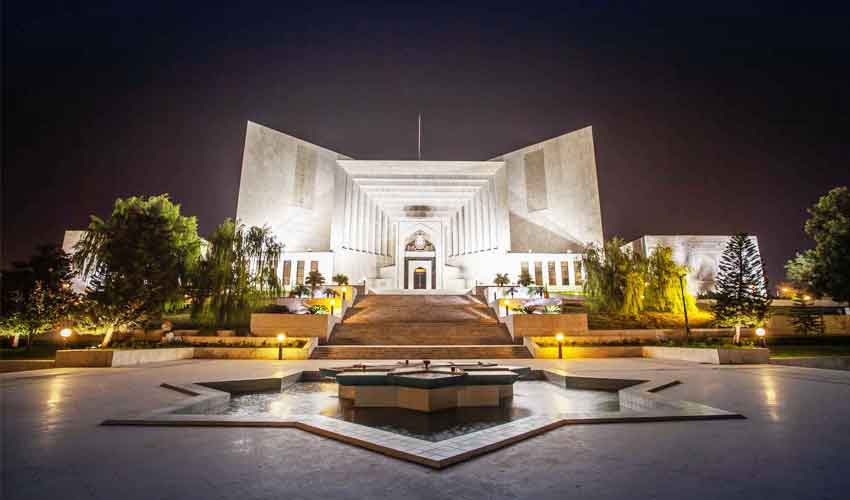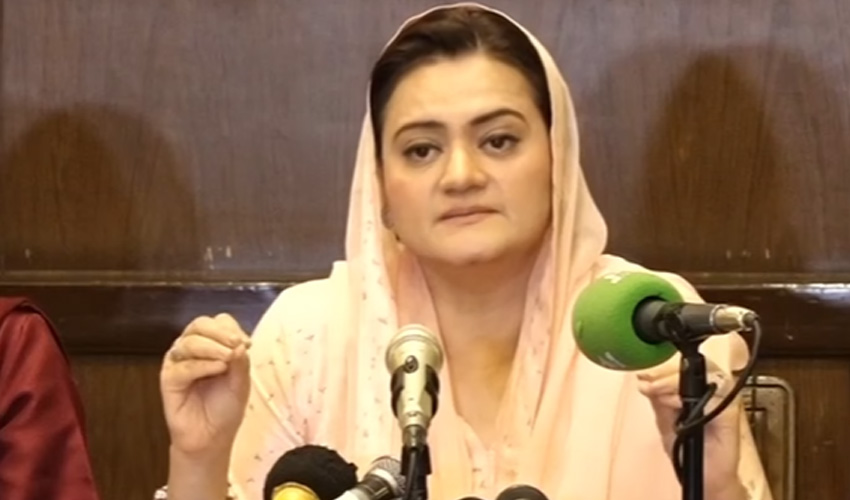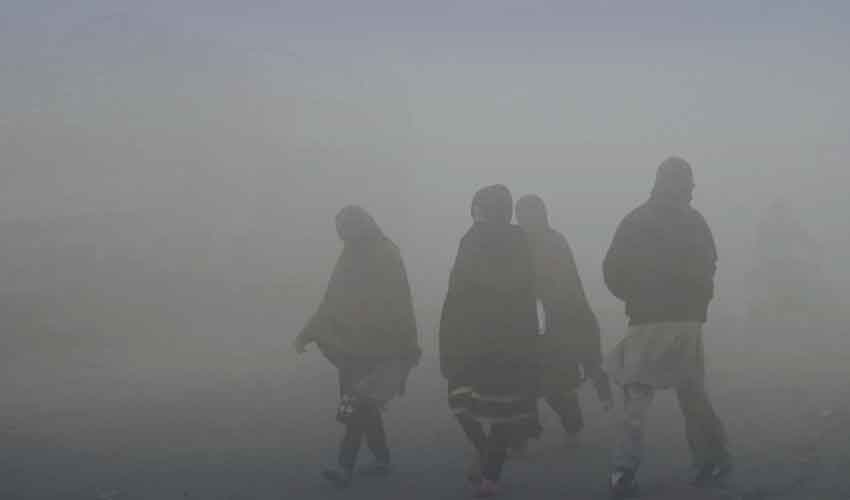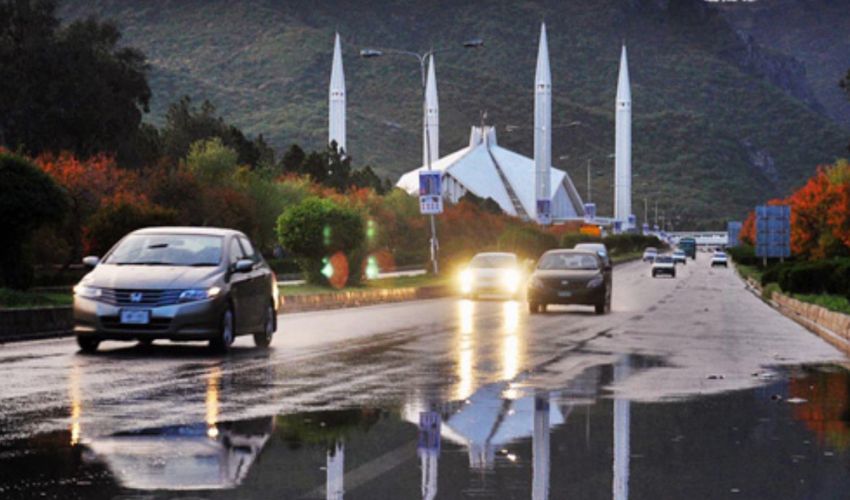Chief Justice of Pakistan (CJP) Justice Qazi Faez Isa on Monday ordered the immediate withdrawal of notices sent to journalists by the Federal Investigation Agency (FIA).
During the hearing of a suo motu case on harassment of journalists, CJP Isa ordered that the notices issued over criticism of a court verdict be withdrawn.
On Monday, a three-member bench of the Supreme Court, headed by Chief Justice Qazi Faiz Isa, heard the suo motu case on harassment of journalists, during which Attorney General for Pakistan (AGP) Mansoor Usman Awan also appeared.
At the beginning of the hearing, the CJP inquired how many cases there were against journalists. The AGP said four applications in which Abdul Qayyum Siddiqui and Asad Toor were applicants.
The CJP asked senior journalist Abdul Qayyum Siddiqui whether he would take up the case himself or the president of the press association would present arguments. He said he wanted to present some facts before the court.
Not just journalists, but judges also have freedom of expression, the chief justice remarked, telling Abdul Qayyum Siddiqui he did not want to pursue the case.
Siddiqui said the matter had gone to the bench of former chief justice of Pakistan Ijazul Hassan, and said he did not want to pursue the case. The CJP remarked that the Supreme Court kept the case in cold storage since 2021 instead of handling it. He said the journalists’ complaint was not even considered.
The state should either say it will not implement Article 19 or redress the grievances. Keep the fundamental rights alive or just consider them a piece of paper, the chief justice remarked.
The CJP remarked that by burying this case, fundamental rights have also been buried. He added that he will only find out about his mistake if he is criticized.
Siddiqui said that we wanted to go to the former CJP just like the problem was put before Justice Isa, but they were not allowed to do so.
CJP Isa remarked that one should not criticize the former chief justice but just the current one. The world over, nations learnt from their mistakes of the past and in Pakistan, people say just go ahead.
Justice Muhammad Ali Mazhar remarked that only a report had been submitted that no action was being taken against any journalist, but the FIA did not give any response to the past actions against journalists.
He then said journalist Asad Toor should be asked whether the people who tortured him were caught, and then asked the journalist if he can recognize the faces of his abductors?
Asad Toor replied that those who tortured him have not been caught and that he could still recognize them.
The CJP inquired whether the sketches of the culprits had been prepared. To which Asad Toor replied that the sketch had been made but geo-fencing not carried out. He added that those who tortured him were themselves saying they belonged to the ISI.
The CJP then asked that when someone was identifying themselves, why there was no investigation about facts. Such incidents will continue to happen until they are checked and asked if Asad Toor’s case has been put in cold storage or if it was still going on.
The Supreme Court directed the attorney general for Pakistan to submit a comprehensive and detailed report of the journalist’s case.
Asad Toor then pleaded that he did not want to follow the suo motu case to which the chief justice said it was okay as the court will look into it.
The CJP then ordered to immediately withdraw the notices issued to journalists because of criticism. He ordered that notices issued to journalists should be immediately withdrawn and directed the AGP that abusive language is a different matter, but there should not be action only on the basis of criticism.
Justice Isa said he was strongly against curbing criticism, as freedom of press was guaranteed in the Constitution. He remarked that he was not concerned if he was made fun of, but if someone makes fun of the judiciary, it will harm the country.
“Criticize the Supreme Court, but there are limits in the Constitution. You are not benefitting but harming me or the Supreme Court by stopping criticism. If journalists criticize judicial decisions, they can continue doing it, but inciting someone to violence or spreading disorder is a different matter,” CJP Isa said.
He further said that no journalist or common man can be stopped from criticizing, and there will be no case registered for criticizing the Supreme Court.
Justice Musarrat Hilali remarked that social media has caused a lot of damage to institutions. “If you think about Article 19, then Article 14 should also be considered, while Justice Mazhar remarked that whatever was mentioned in thumbnails was not talked about in the actual story or video, which is very weird.
The AGP assured the court that no action will be taken against any journalist due to criticism.
The CJP remarked that swearing or abusing is wrong, but criticism is not prohibited. If if a journalist is arrested just for criticizing something, it is wrong, he added.



























